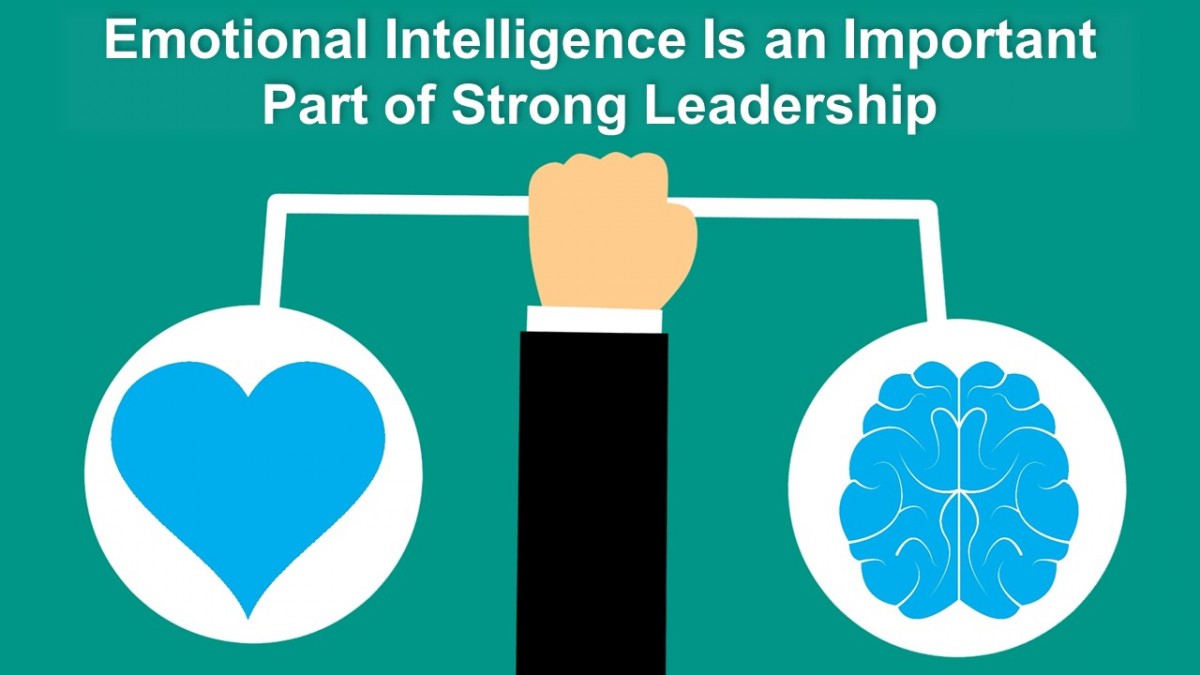Benefits of Emotional Intelligence
Emotional intelligence (EI) refers to the ability to recognize, understand, and manage our own emotions, as well as understand and influence the emotions of others. It plays a crucial role in personal and professional success and has been linked to various positive outcomes. In this article, we will explore the numerous benefits of emotional intelligence and how it can positively impact different aspects of our lives.
Enhanced Self-Awareness
One of the key benefits of emotional intelligence is increased self-awareness. By developing emotional intelligence, individuals gain a deeper understanding of their own emotions, strengths, and weaknesses. This self-awareness allows them to make better decisions, manage their emotions effectively, and improve their overall well-being.
Improved Relationships
Emotional intelligence also plays a vital role in building and maintaining healthy relationships. People with high emotional intelligence are better able to empathize with others, communicate effectively, and constructively resolve conflicts. These skills contribute to stronger personal and professional relationships, leading to greater satisfaction and success in both areas of life.
Effective Leadership
Leaders who possess emotional intelligence are often more successful in their roles. They can understand and manage their own emotions, which allows them to remain calm and composed in challenging situations. Additionally, emotionally intelligent leaders can inspire and motivate their team members, creating a positive work environment and fostering productivity and innovation.
Reduced Stress and Improved Mental Health
Emotional intelligence has been linked to reduced stress levels and improved mental health. By understanding and managing their emotions, individuals with high emotional intelligence can effectively cope with stress and prevent it from negatively impacting their well-being. Moreover, emotional intelligence enables individuals to develop healthy coping mechanisms and maintain a positive outlook, leading to improved mental health overall.
Enhanced Decision-Making Skills
Individuals with emotional intelligence are often better decision-makers. By considering their emotions and the emotions of others, they can make more informed and rational choices. Emotional intelligence helps individuals weigh the potential impact of their decisions on themselves and others, leading to better outcomes and minimizing potential negative consequences.
Increased Empathy and Understanding
Emotional intelligence fosters empathy and understanding towards others. It allows individuals to recognize and appreciate different perspectives, which is crucial for effective communication and collaboration. By understanding the emotions and needs of others, emotionally intelligent individuals can build stronger relationships, resolve conflicts, and work towards common goals more effectively.

Emotional intelligence offers numerous benefits that positively impact various aspects of our lives. From improved self-awareness and enhanced relationships to effective leadership and better decision-making skills, emotional intelligence plays a crucial role in personal and professional success. By developing and nurturing emotional intelligence, individuals can lead more fulfilling lives and create a positive impact on those around them.
Frequently Asked Questions
1. What is emotional intelligence?
Emotional intelligence refers to the ability to recognize, understand, and manage our own emotions, as well as effectively recognize and respond to the emotions of others.
2. How does emotional intelligence benefit individuals?
Emotional intelligence helps individuals develop better self-awareness, enhance their interpersonal relationships, manage stress and conflicts effectively, and make more informed decisions.
3. Can emotional intelligence improve leadership skills?
Absolutely! Emotional intelligence is closely linked to effective leadership as it enables leaders to understand and motivate their team members, resolve conflicts, and communicate more empathetically.
4. Does emotional intelligence contribute to better mental health?
Yes, emotional intelligence is associated with better mental health outcomes. It helps individuals manage their emotions, cope with stress, and build resilience, leading to improved overall well-being.
5. Can emotional intelligence enhance teamwork and collaboration?
Definitely! Emotional intelligence fosters better communication, empathy, and understanding among team members, leading to stronger collaboration, higher productivity, and improved team dynamics.
6. Is emotional intelligence important in the workplace?
Yes, emotional intelligence is highly valued in the workplace. It enables individuals to navigate social interactions, build positive relationships, and handle workplace challenges more effectively.
7. Can emotional intelligence be developed and improved?
Absolutely! While some individuals may naturally possess higher emotional intelligence, it is a skill that can be developed and enhanced through self-reflection, practice, and learning from experiences.
8. How does emotional intelligence affect personal relationships?
Emotional intelligence plays a crucial role in personal relationships. It helps individuals understand and empathize with their loved ones, resolve conflicts amicably, and maintain healthier and more fulfilling relationships.
9. Does emotional intelligence contribute to better decision-making?
Yes, emotional intelligence aids in making better decisions as it allows individuals to consider and manage their emotions, as well as understand the emotions and perspectives of others involved in the decision-making process.
10. Can emotional intelligence lead to career success?
Indeed! Emotional intelligence is highly valued in the workplace and is often associated with career success. It enables individuals to build strong professional relationships, effectively lead and collaborate with others, and adapt to changing work environments.




